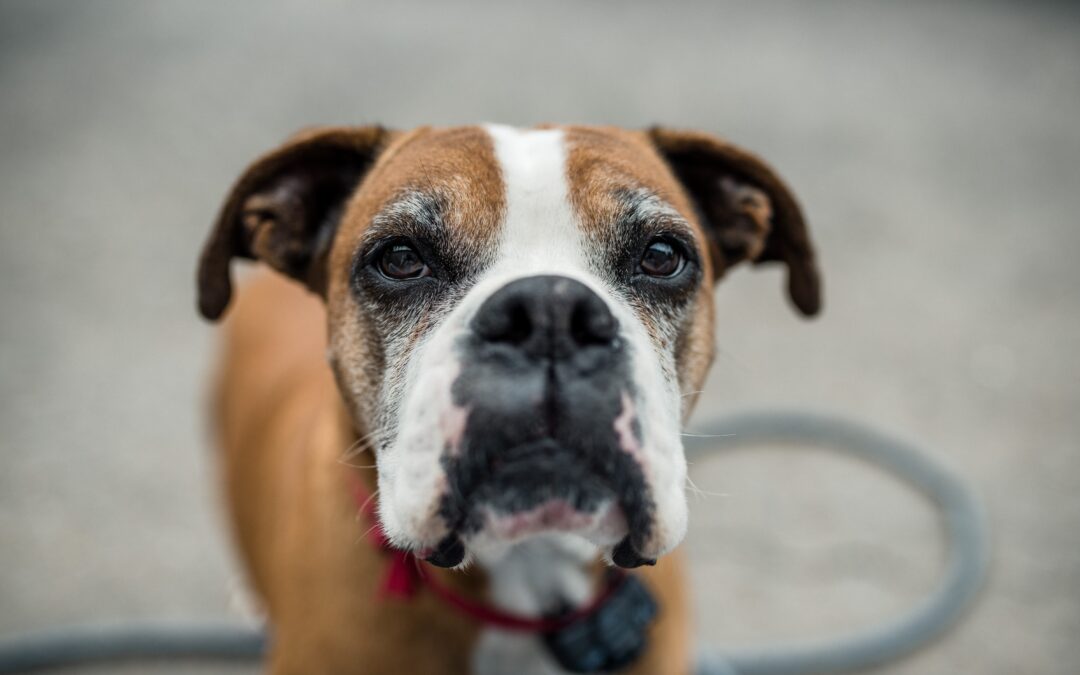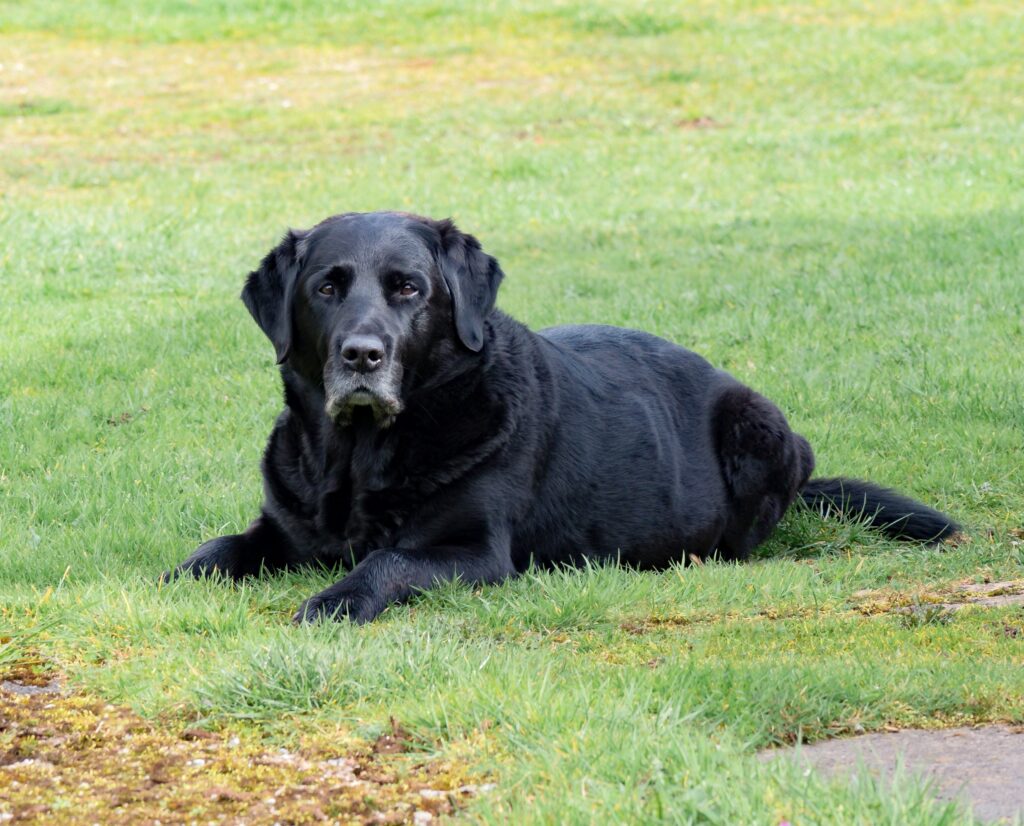Even though your dog can’t exactly tell you of his frustrations regarding his forgetfulness, owners of older canines will certainly attest to their pet showing signs of absent-mindedness. While aging will naturally cause your pooch to slow down in more ways than one, it is important to keep an eye your best mates mental as well as physical health as they age.
The canine version of dementia is Canine Cognitive Dysfunction (CCD), and refers to the deterioration of brain function which can likely effect things like gross motor skills, memory and training. Most dogs will exhibit some signs of CCD into their senior years, but like humans, some are more severely affected than others.
Some signs of CCD to keep a lookout for include:
- Soiling inside the house
- Lack of interest in games or toys that were once a favorite
- Disorientation, even in familiar places like at home or on regular walking tracks
- Antisocial behavior – a new avoidance of interaction with family members and/or other dogs
- Disrupted sleep patterns
- Unusual behavior, like pacing, walking in repetitive circles or staring at walls
- Sudden onset of barking, especially if no reason is apparent
- Becoming destructive (I will never forget my brothers dog “Parker”, who all of a sudden started eating his way through plaster walls)
While each of these symptoms may or may not be signs of dementia in your dog on their own, it is important to remember that the more signs we see more frequently, the more significant the impact could be on your dog’s brain function.
Many clients will bring their pooches into the clinic with what they suspect could be arthritis (inactivity, change in sleep patterns), but may leave with a CCD diagnosis. The main thing to keep in mind is that if you are beginning to see signs that your dog is not themselves in any capacity (physical, emotional, mental), a checkup with your vet is ALWAYS recommended. Twice yearly, regular checkups with older dogs is a sure-fire way to catch symptoms early and instigate a good plan to slow down the process. This should include a basic blood panel once a year to pick up on early changes to liver and kidney function.
CCD can occur for several reasons, and just like humans, there are some ways in which we can keep the brain active and exercised in order to keep its function levels from dropping.
There is no cure to CCD, and the process of decline is often upsetting to watch from the sidelines. If your dog has been diagnosed with CCD, there are some simple at-home ways to assist your furry friend and to help them be as comfortable as possible –
- Vet approved medication
- Improved diet that is high in omega 3 fatty acids which can promote cell repair and growth. Hills B/D is a fabulous diet to assist in CCD cases. After we started Parker on it there was a noticeable improvement in his overall sense of wellbeing, but also his awareness of his surrounds, and it appeared to take years off him. The additional benefit was the plaster walls started to remain intact, as he recalled doors provide an excellent alternative.
- Regular play sessions involving puzzles to promote brain activity, food toys are a great way of provoking play, as is “Hide-n-seek” with treats placed around the yard.
- Compassion during confusing moments of disorientation or soiling.
- Several beds and bowls set up throughout the home for pup to visit when feeling anxious or lost.
The signs and symptoms of CCD are similar to those that present in human patients of dementia, and much like us, can be slowed down somewhat by keeping your pooch active, both physically and mentally. The red flags may present themselves to you over time so it’s always a good idea to have a list of observations to share with your vet to avoid oversight or missing out on the clues that could be right under your nose.
If you are unsure or even suspect that your elderly doggo or frustrated feline could be struggling with mental cognition more than he should be, give us a call on 03 9369 1822 to book an appointment at Direct Vet Services for an assessment in a comfortable and loving environment. We want to help to make both you and your fur-buddy as comfortable with the aging process as possible, and we are here to help you both get the most out of what we hope will continue to be a long and lasting friendship.


